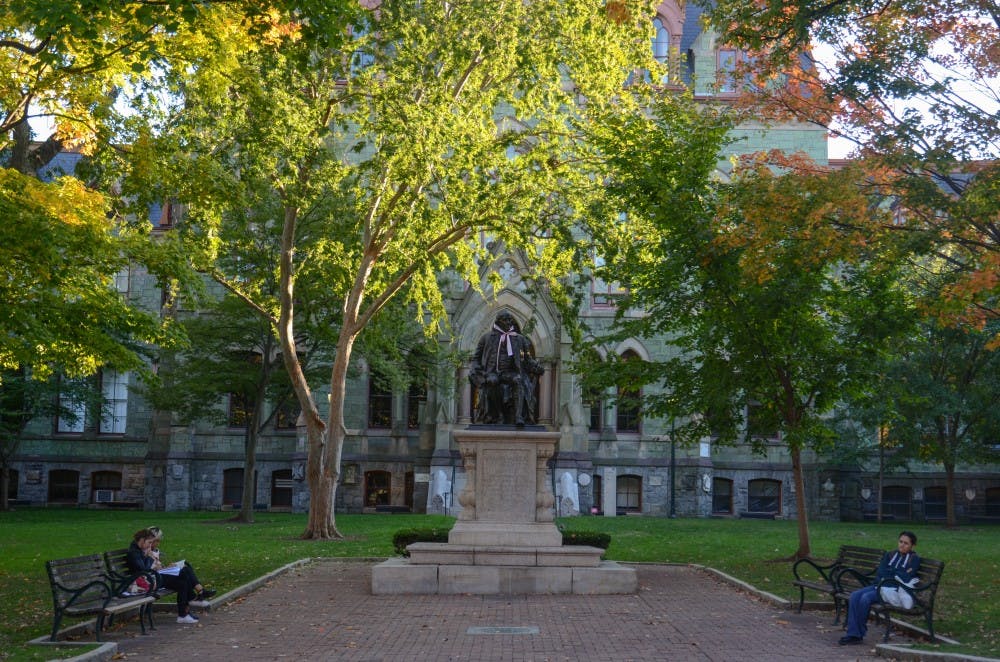
Unlike many other universities that have a full week of reading days, Penn has only two reading days this year.
With finals getting closer every minute, Penn students have hit the libraries to cram during the two-day reading period. Meanwhile, students at Harvard University have had all week to prepare for their exams.
This year, Penn has set aside Dec. 12 and 13 as days for students to study without having to attend classes. However, peer institutions such as Yale University and Harvard University devote an entire week to the reading period, and Princeton University has a nine-day reading period.
“I think people are really happy about having an entire week of no classes,” Harvard freshman Lily Jacobs said. “I also don’t have any rehearsals this entire week, so I can spend as much time as I want just in the library studying.”
Jacobs added that having a whole week without obligations requires serious time management, as students tend to procrastinate.
“Also, there are weirdly a lot of formals during this week and things like Primal Scream,” she said, referring to Harvard students’ tradition of running a lap, while naked, around Harvard Yard.
College and Wharton freshman Aiden Reiter expressed his view that Harvard generally focuses more on prestige than on taking care of its undergraduates, but he acknowledged that Harvard’s students certainly benefit from having a full week to prepare for exams.
“Harvard is doing something right in that it’s allowing its students to have this time to actually absorb the material and learn it as opposed to us, who are just cramming now,” he said.
Reiter felt that Penn students could certainly benefit from having more time to prepare for exams.
“Obviously I want more time,” he said. “I think it’s ridiculous that we don’t have a full week to really prepare and make sure that we all do well because really, at the end of the day, it’s not about academic intensity. It should be about intellectualism and our ability to learn.”
Reiter added that cramming material in just two days does not allow for true learning.
“In the future, I would like to see Penn prioritize intellectualism and academics over rushing and working hard,” he said. Reiter proposed rearranging the academic calendar to allow for the reading period to be a full week.
College freshman Lucia Kim acknowledged that attitudes toward the length of the reading period depend on the spacing of each student’s final exams.
“I had one of my finals last week, and then another one of mine is this Thursday,” she said. “So having no classes starting basically from Monday and having two reading days I think is ample time for my one final on Thursday, and then my other one is on Dec. 22.”
Kim, however, acknowledged that while she may be relatively unaffected by Penn’s short reading period, many students are not as fortunate and have several finals throughout the week.
“I think that for people whose finals are all this week, it’s definitely a lot to cram in there,” she said.
The Daily Pennsylvanian is an independent, student-run newspaper. Please consider making a donation to support the coverage that shapes the University. Your generosity ensures a future of strong journalism at Penn.
Donate







